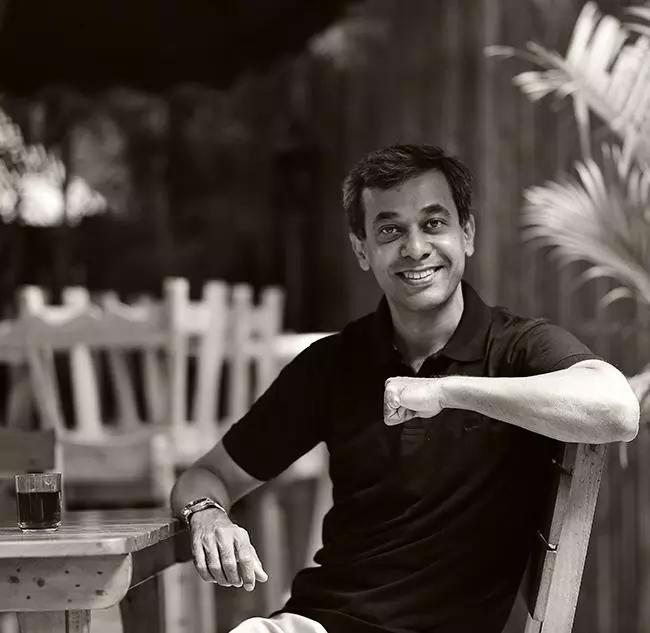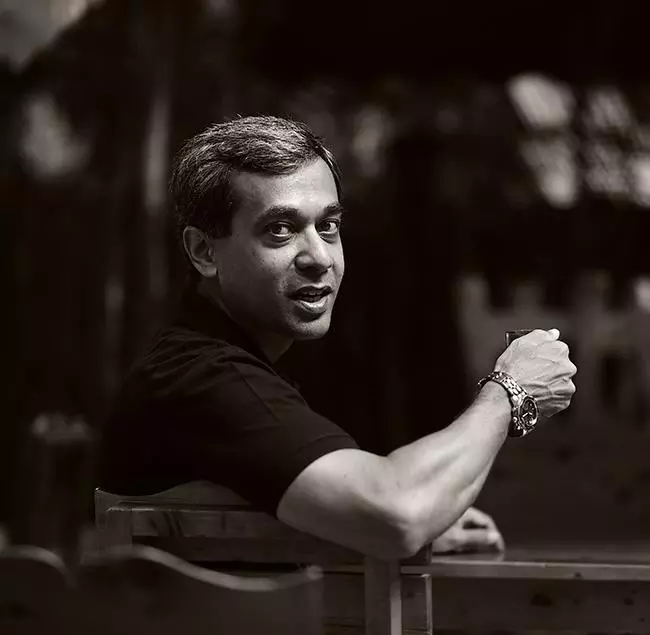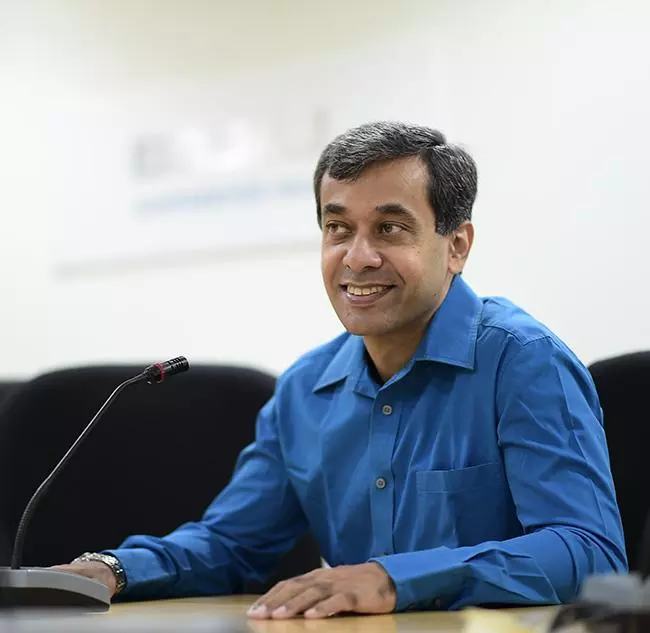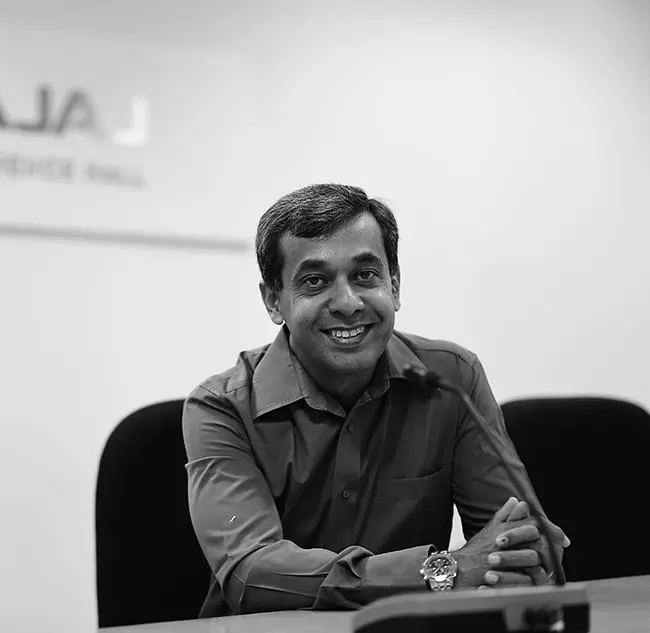Recently I concluded a mini-workshop on developing Sensory Acuity skills. Even as the participants enjoyed playing the learning games, one question seemed to keep nagging them. The question about how exactly would they apply it and how exactly it would be useful to them / benefit them? How indeed?
One of the things about developing sensory acuity skills is that when you start noticing a greater level of details and to a greater level of accuracy, it becomes so unconscious that you don't even realize it.
One of my favorite incidents I like to narrate concerns my daughter. She must have been six months old when I had received a frantic distress call from my wife. My daughter had been crying incessantly for almost over 2 hours and my wife was at her wits end not knowing what to do. I was at work and immediately rushed back home.
One glance at my daughter, hearing her cry and I said - 'lets check her all over'. We removed all her clothes and sure enough found a rash that had developed almost into a bruise in her nappy area even while she was doing what an infant does - urinate.
Till date neither I nor my wife is able to consciously explain the process of how I figured out. Was it the way in which she was crying - was the sound of her crying different from her usual crying for food? Was it the way she was writhing - was there some motion in her legs that I noticed to be different?
I don't know.
Yet, I do know that the sensory inputs I absorbed - were definitely different in some way that gave me a clue.
Sensory acuity is about noticing these clues.
Another question which came up was that when you start noticing a greater level of details - how do you interpret these clues? What do you infer / conclude?
Well, there is no text book answer for this. Every individual is completely unique and hence what you become aware of in your sensory perceptions with respect to a particular individual, you need to interpret it with respect to that individual in that context.
I know a head of the branch of an international bank in Dubai. He is a master of sensory acuity. He needs to set eyes on you and in that fraction of an instant he has noticed which brand of shoes, suit, watch you have worn, how your hair is arranged, whether you have a ring, if so on which finger, how dilated your pupils are, what is the rate at which you are breathing, how your nails are, whether you have any tooth/teeth that have been filled up for cavities, what is your posture/stance while standing/sitting and everything else one could notice.
All in a fraction of instant when he first set eyes on you.
One might ask how exactly is that useful and what can you conclude from these observations. Well the key is in the experience that this man has.
In his line of business he has met so many people that he has a very neatly organized database in his mind. This database stores the personal and corporate status of individuals, their responsibility, authority levels vis-a-vis they way they dress, the way they walk, talk, breathe et al..
In and of itself - the sensory input does not carry any meaning. Put it along with the experience this banker carries with him and you have a recipe for success.
One might argue whether such classification could lend itself to generalizations and stereotyping. Of course that is a possibility for the simple reason that the experience gained by this banker has a cultural and a social context. Change these contexts and it is quite likely that his observed inferences may be off the mark.
And yet, for the context of this persons experience - it works for him.
Is it something he can define on paper - quite unlikely.
Is it useful to him and benefits him - most definitely!!
To me, developing your sensory acuity skills is a lot like learning to understand and speak the language when you were a child. At this stage, you don't learn the grammatical structure of the language, you don't learn the punctuation marks, tenses, the nouns, pronouns, adjectives....
And yet you learnt. And how exactly was it useful to have learnt?




